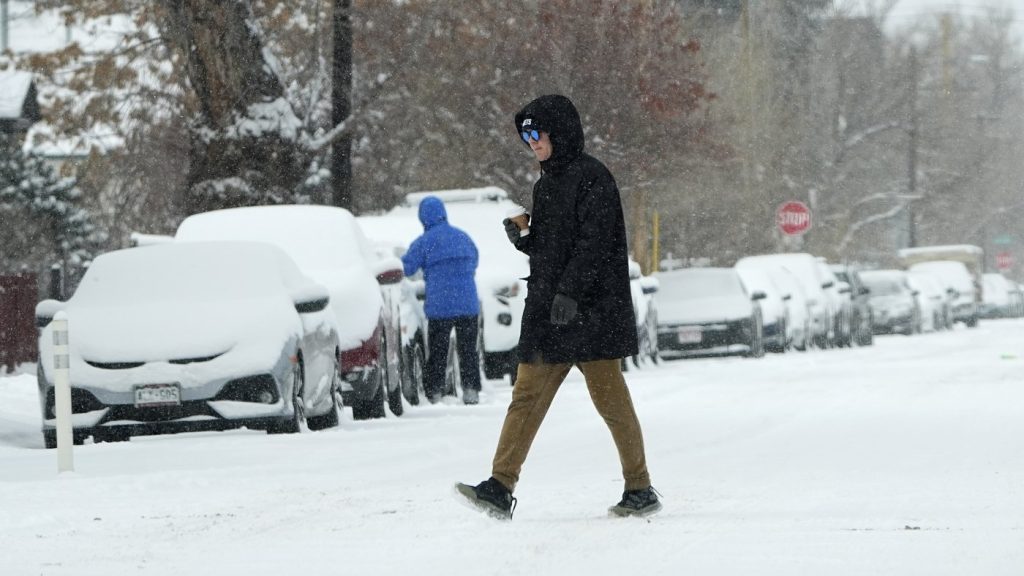Ontario opioid crisis on pace for worst year on record as experts say pandemic may be largely to blame
Posted Nov 10, 2020 08:16:00 PM.
While the province continues to grapple with the COVID-19 pandemic, new research suggests another public health crisis continues to worsen.
A report from the Canadian Institutes for Health Research and Public Health Ontario says the number of opioid-related deaths in Ontario jumped 38.2 per cent in the first 15 weeks of the pandemic compared to the 15 weeks leading up to it.
The report's findings also suggest the province could see the most opioid-related deaths since it started tracking that data in 2017, on track to exceed 2,200 lives lost.
Experts, meantime, are largely pinning the blame for the spike on pandemic lockdown measures.
“Isolation, while on the one hand protects people from getting sick from the virus, increases the likelihood that people are A: using substances and B: using substances in places where they don't have supports available to them to mitigate things that might happen – overdoses, or other impacts of taking those substances,” said Corinne Hart, Professor, Ryerson University's Daphne Cockwell School of Nursing.
“And so you've got, on the one hand, social isolation as a protector and, on the other hand, social isolation as a really dangerous thing for people who are vulnerable,” she said.
Like the COVID-19 crisis, the opioid crisis also has the added tragedy of seeing people die alone.
“You have people dying out on the street alone and you have people dying in their apartment alone,” said Hart. “Where, in another situation, they might have either been using in a more social setting, they might have gone to a supervised consumption site, they might have been in other places where there are people who would have been able to see what was happening, to offer support, to maybe stop a death from happening.”
She says people are also caught between two messages, simultaneously being told to stay away while also being told to reach out for help.
“And people are more afraid to go [to a supervised injection site],” added Hart. “The messaging has been so constant not to congregate, not to go into crowded places, to take those protections, that people are afraid to go and access those kinds of resources because there's an equal fear – and often a greater fear – of being sick alone.”
Meantime, it's not just the lockdown and isolation, but the other feelings that come along with the pandemic.
“Drug use increases when people are living with fear, anxiety and isolation,” said Hart. “All of the conditions that are bad for people's mental health increase people's use of drugs, and that's where we are now.”
In Waterloo Region, while the increase in opioid-related deaths has not been as severe it is still obvious.
Data from the Waterloo Region Integrated Drugs Strategy also shows 2020 has seen the most overdose-related calls since the data started being collected in 2017, 1,037 as of October compared to 932 from January to October 2019.
Overdose-related deaths are also up, 78 people have died in Waterloo Region as of November 3, 2020 compared to 63 in all of last year. The region is on pace to pass its previous high of 86 set in 2017.
“I would definitely say this is a concurrent public health crisis,” said Hart. “It was a public crisis before the pandemic and it has been exacerbated by the pandemic – and we need to deal with both.”








